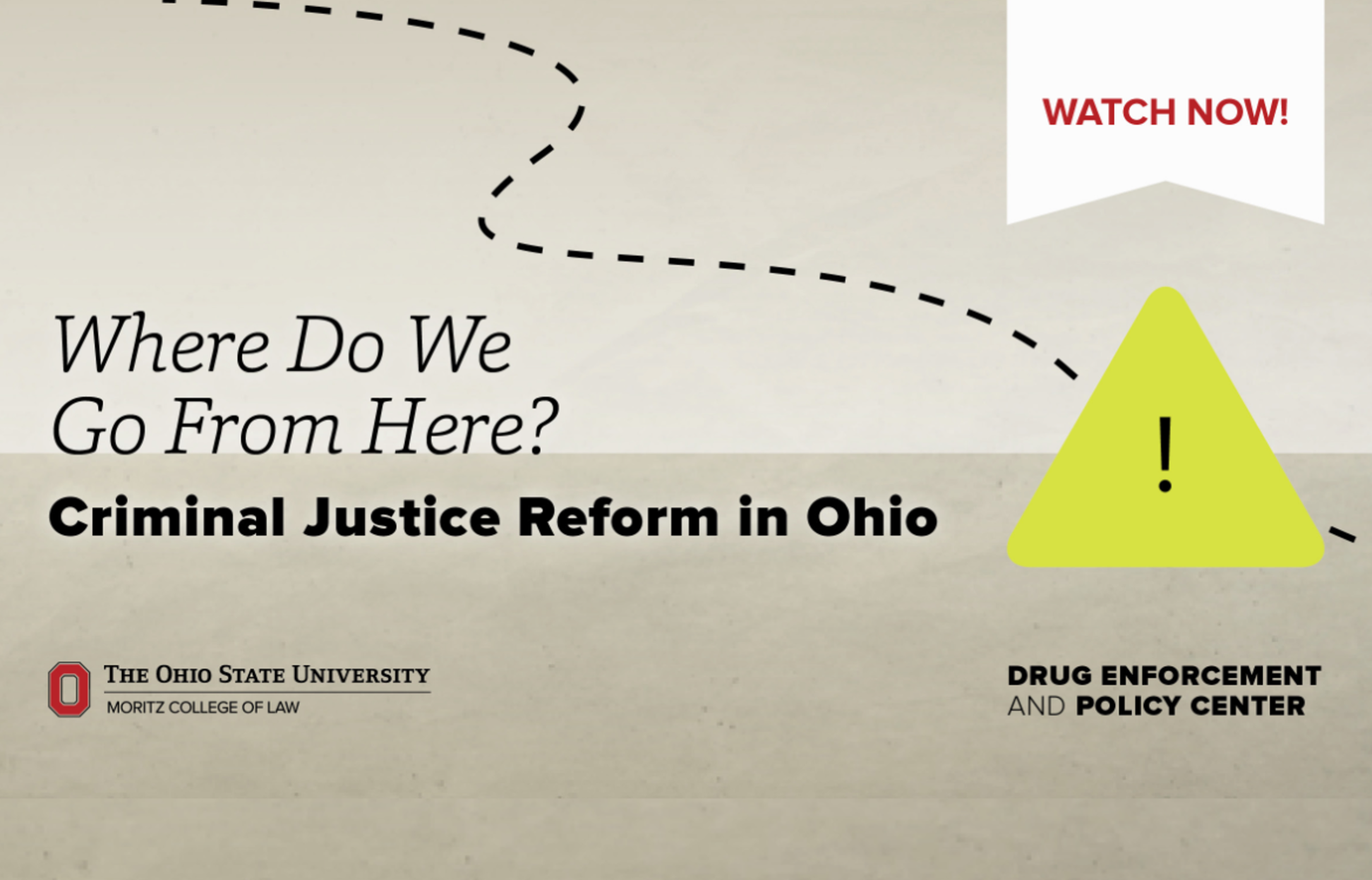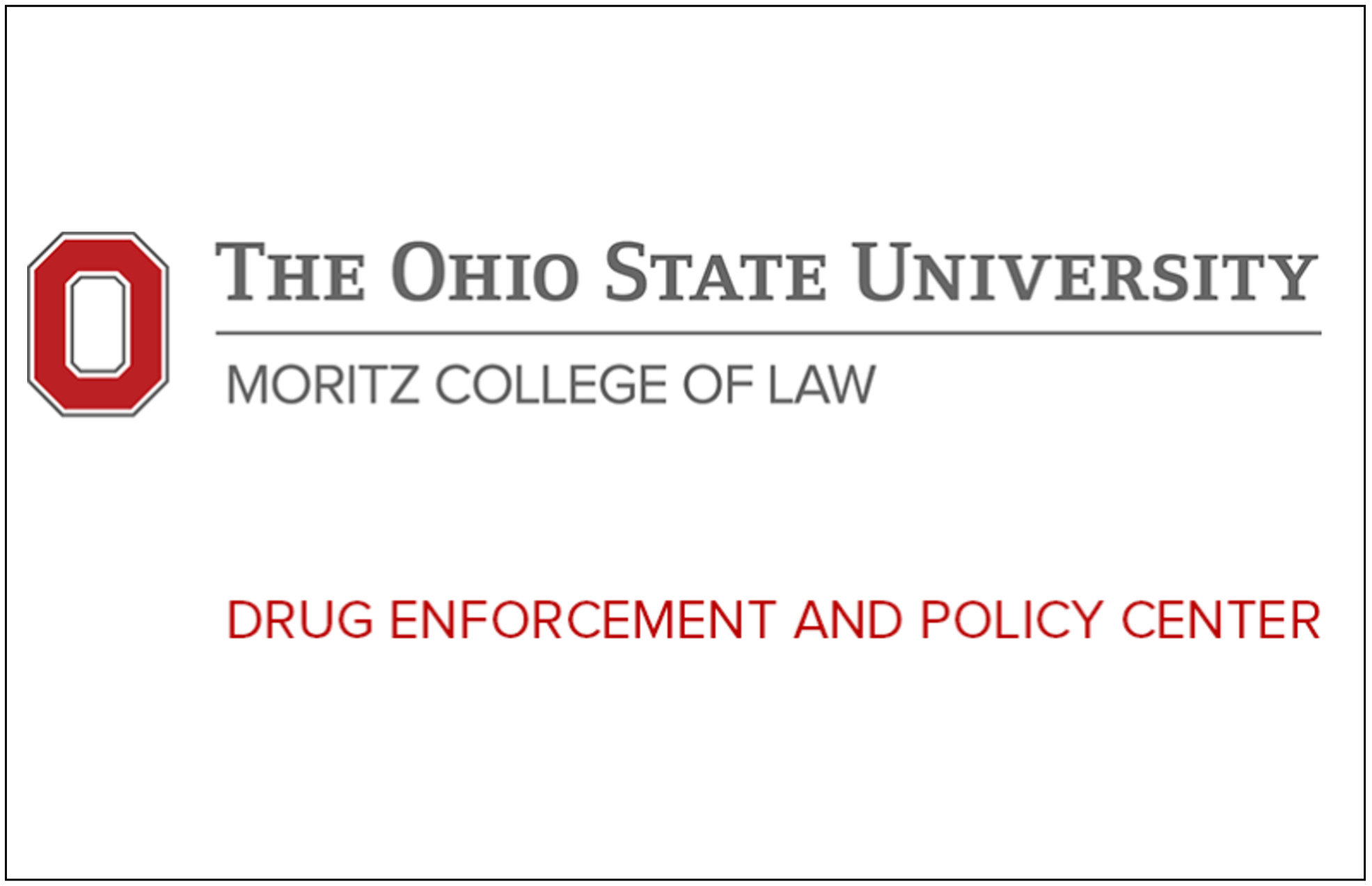Andrew J. Geisler
New Buckeye Institute Report Offers a Blueprint for How Ohio Cities Can Transition to a More Sustainable Tax System
January 24, 2022

The Buckeye Institute released a new report, Sustainable Ohio: How to Fund Ohio’s Cities in the 21st Century, which offers a blueprint for how Ohio can move away from its outmoded local income tax system—that heavily relies on nonresident taxpayers—and towards a property or sales tax system that will fund city services in a much more sustainable way. By transitioning to the new funding system Ohio’s cities can better provide government services, attract and retain businesses and workers, and offer residents the economic growth and opportunity they deserve.
The Buckeye Institute: House Bill 175 Would Assert Ohio General Assembly’s Constitutional Policymaking Duties
May 25, 2021

The Buckeye Institute testified before the Ohio House Agriculture and Conservation Committee on the policies in House Bill 175. In his testimony, Andrew J. Geisler, legal fellow at The Buckeye Institute, outlined why properly defining “waters of the state” is important and why, as the elected representatives of the people of Ohio, it is important that the General Assembly is the body to set the definition.
The Buckeye Institute: Wisely Spending American Rescue Plan Funds Can Save Ohio Taxpayers More Than $1.3 Billion
May 20, 2021

In a new policy memo, How Ohio Should Spend American Rescue Plan Funds, The Buckeye Institute offers commonsense recommendations on how Ohio should spend American Rescue Plan funds, which would save Ohio taxpayers more than $1.3 billion. These new recommendations align with The Buckeye Institute’s spending principles and consider the recently released guidance from the U.S. Treasury Department.
Ohio’s flawed justice system allows some to buy freedom, others to wait in jail
May 15, 2021

In The Columbus Dispatch, The Buckeye Institute urges Ohio policymakers to reform Ohio’s broken cash bail system, which “allows cash bail to serve as an illegitimate proxy for public safety, allowing dangerous defendants to pay cash to offset their threat to public safety.” Andrew J. Geisler, a legal fellow at The Buckeye Institute, writes, “Policymakers can codify the Supreme Court’s presumption of release rule and take additional steps to ensure that state courts treat all defendants fairly in the pretrial decision.”
Time to Expand Ohio’s T-CAP Program Statewide
April 07, 2021

In a new piece, The Buckeye Institute urges lawmakers to expand Ohio’s successful T-CAP program to all 88 counties. The program—which Andrew J. Geisler notes “reduce[s] prison overcrowding, save[s] taxpayer dollars on incarceration, and help[s] low-level, non-violent offenders get the treatment and rehabilitation they need to re-enter society successfully”—offers a cost-effective way to give offenders an opportunity at a second chance while still ensuring they pay their debt to society.
The Buckeye Institute Joins Panel Discussion on the Future of Drug Sentencing Reform in Ohio
February 26, 2021

On February 24, The Buckeye Institute joined the Drug Enforcement and Policy Center for a panel discussion on the future of criminal justice reform and drug sentencing reform in Ohio. In addition to Andrew J. Geisler, a legal fellow at The Buckeye Institute’s Legal Center, panelists included Sara Andrews, executive director of the Ohio Criminal Sentencing Commission; Gary Daniels, chief lobbyist at the ACLU of Ohio; Micah Derry, state director for the Ohio chapter of Americans for Prosperity; and Kyle Strickland, deputy director of race and democracy at the Roosevelt Institute and senior legal analyst at Kirwan Institute for the Study of Race and Ethnicity.
House Bill 1, Senate Bill 3, and the Future of Criminal Justice Reform in Ohio
February 17, 2021

In a piece for the Drug Enforcement and Policy Center, The Buckeye Institute explores the future of criminal justice reform in Ohio. In the article, Andrew Geisler, legal fellow with The Buckeye Institute’s Legal Center, writes, “State policymakers took a significant step forward in passing House Bill 1. However, additional criminal justice and sentencing reforms remain necessary. Policymakers and advocates should continue to ask: How can Ohio treat non-violent offenders more fairly? What policy tools will reduce the state’s prison population to prevent overcrowding? And how can Ohio work from a rigorous data-driven baseline rather than anecdotal evidence?”
The Buckeye Institute: House Bill 1 and Senate Bill 3 are Complementary Pieces for Holistic Reform
December 09, 2020

The Buckeye Institute submitted written testimony to the Ohio Senate Judiciary Committee on the policies in House Bill 1, which, along with Senate Bill 3, offers a holistic approach to drug sentencing reform. In his testimony, Andrew J. Geisler, a legal fellow with Buckeye’s Legal Center, noted that “House Bill 1 and Senate Bill 3 offer complementary, not competing proposals. Paired together, these two bills will remove some barriers that Ohio law creates for those on recovery’s road to employment and redemption.”
Lawmakers should fix Ohio’s drug sentencing laws
November 22, 2020

In The Columbus Dispatch, Buckeye's Andrew Geisler urges Ohio lawmakers to pass Senate Bill 3, writing, “For too long, Ohio has relied mistakenly on the criminal corrections system to house and care for those struggling with drug addiction — spending on average $26,000 per inmate, per year. The state imposes overly broad criminal sanctions that prove far less effective at curbing drug abuse and low-level drug crime recidivism than facilitating targeted treatment programs clinically designed to rehabilitate drug users and nonviolent offenders. Senate Bill 3 corrects that mistake.”
New Buckeye Institute Paper Debunks Myths about Drug Sentencing Reform
November 17, 2020

In a new policy memo, Senate Bill 3: Myth vs. Reality, The Buckeye Institute separates fact from fiction surrounding the debate over the policies in Senate Bill 3, which would comprehensively reform Ohio’s drug sentencing laws. Author Andrew Geisler writes, “The commonsense reforms in Senate Bill 3 do not create the problems and concerns that the myth suggests. And reclassifying low-level drug possession crimes from felonies to misdemeanors will better ensure that those suffering from addiction get the treatment they need instead of a prison sentence.”
